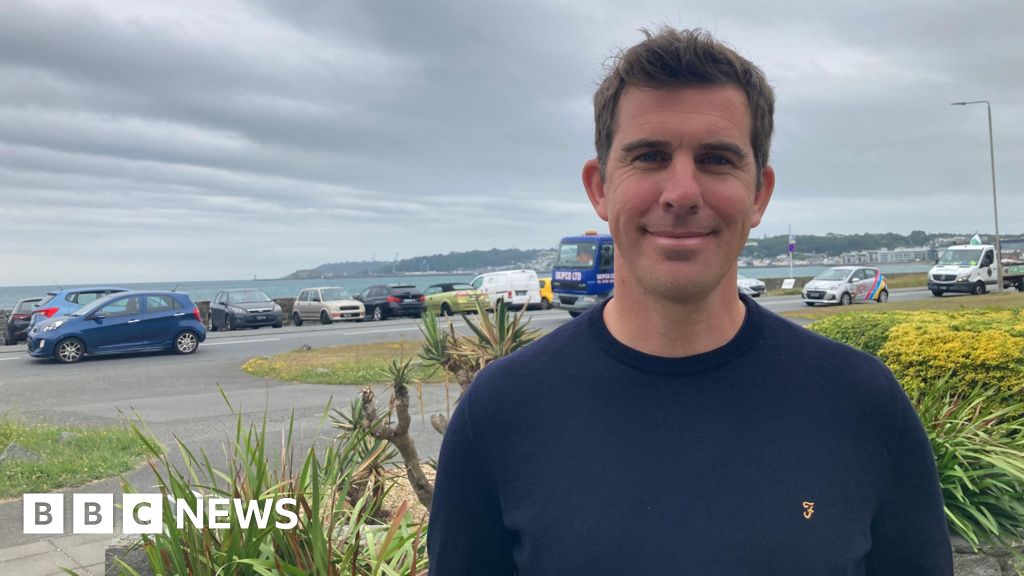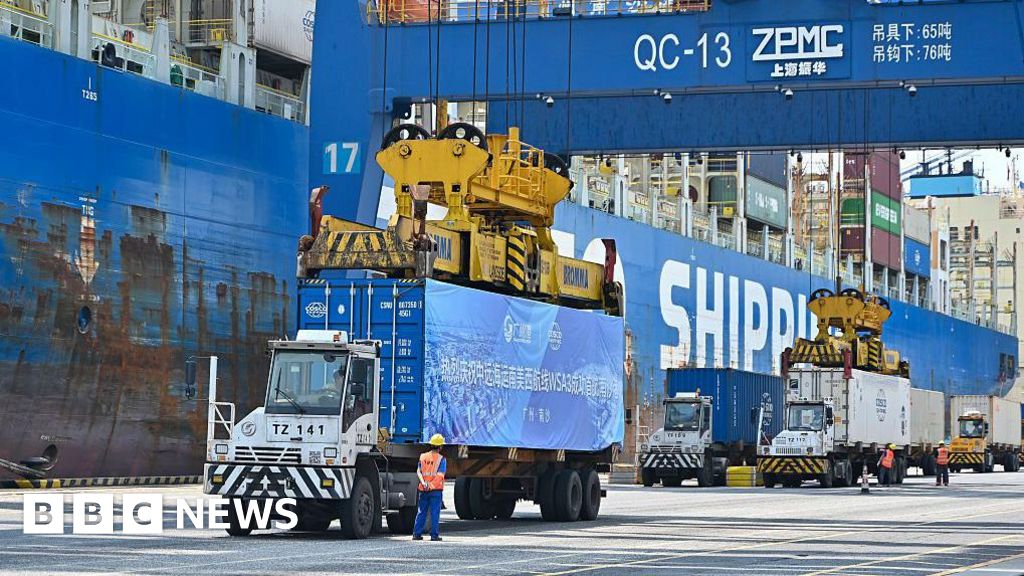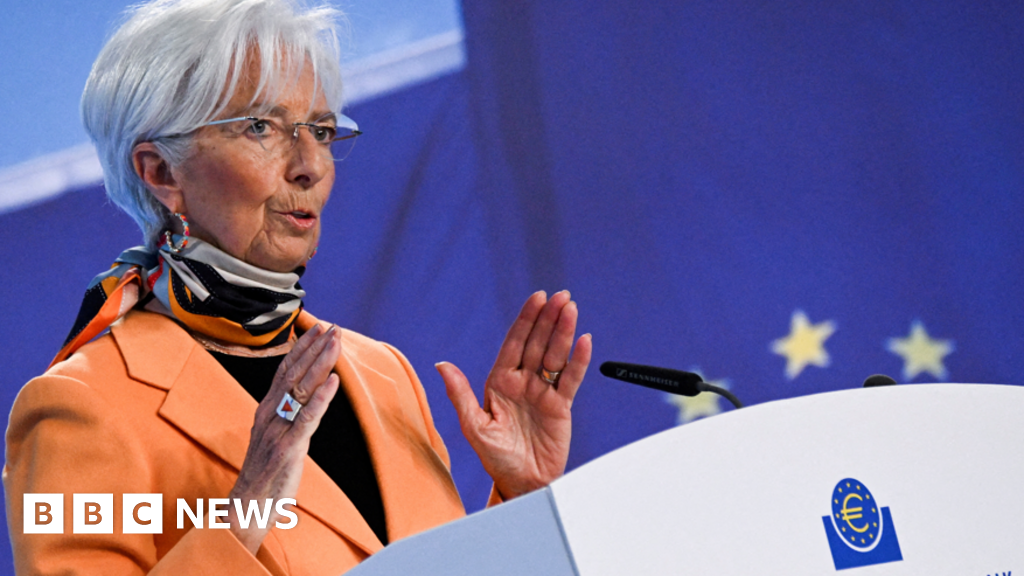ARTICLE AD BOX
By Caroline Davies
Transport correspondent, BBC News
Car use in Britain is now up to or higher than before the first lockdown, while the number of people using public transport has lagged behind, data from the Department for Transport shows.
The data for cars compares the levels now as a percentage of the traffic on the first week of February 2020.
The figures for buses compares to the third week of January, and the data for national rail services is compared to the equivalent week in 2019.
It comes as the debate about getting more people on to public transport intensifies.
At the start of the first lockdown - the end of March and start of April 2020 - there was between a quarter and a third of car traffic than there had been in the first week of February.
National rail use dropped to as low as 4% as the same week in 2019, and bus use outside London to as low as 10%.
During the summer 2020, car traffic returned to around 90%-100% of February 2020 figures and didn't drop as low as levels in the first lockdown during subsequent lockdowns.
By this summer, car traffic on weekends has consistently been more than 100% of February 2020 levels, reaching as high as 111% on 15 August.
Bus and train use has increased since the first lockdown and during this summer, but is still far from the levels seen before the pandemic.
Bus use outside London this summer is about or below 60% during the week and under 80% on weekends. Meanwhile national rail use is still less than 60%.
Although the statistics are released every week, they are of particular interest at the moment. As the end of the summer approaches, and with the COP 26 climate change conference approaching, arguments about car use are intensifying.
Politicians are facing more questions about how to get travellers out of cars and on to public transport. The annual decision on whether to raise rail ticket prices from next year has still to be made.
Paul Tuohy, chief executive of Campaign for Better Transport, said: "If this shift towards car use becomes entrenched, we will see increased carbon emissions, air pollution and traffic-clogged streets."
"With the effects of climate change being felt around the world, it's more important than ever that the government encourages people back onto public transport."
Freezing rail fares for next year would be a good start, he said, but added: "We really need to rebalance pricing towards greener modes: it makes no sense that bus and rail fares continue to rise while fuel duty for drivers has been frozen for a decade and the government is considering cutting air passenger duty."
The fact that car traffic is now at up to 111% of the comparable week in February 2020 does not mean this is an all time high, however. The analysis of the data says that traffic can vary by plus or minus by 20% over the course of a year.
Train companies are operating around 85% of services at the moment.
A spokesperson for the Rail Delivery Group, which represents the industry, said: "Since the relaxation of restrictions last month we have seen a 10% increase in rail journeys, driven by leisure travel, as more people take the train to see friends and family or to go on holiday.
"This is good news because when people travel by train it's more than just a journey, it's part of a clean, fair recovery as leisure travellers by train spending over £100 with local businesses while on their travels."
The BBC has approached the Department for Transport for comment.

 3 years ago
202
3 years ago
202








 English (US) ·
English (US) ·